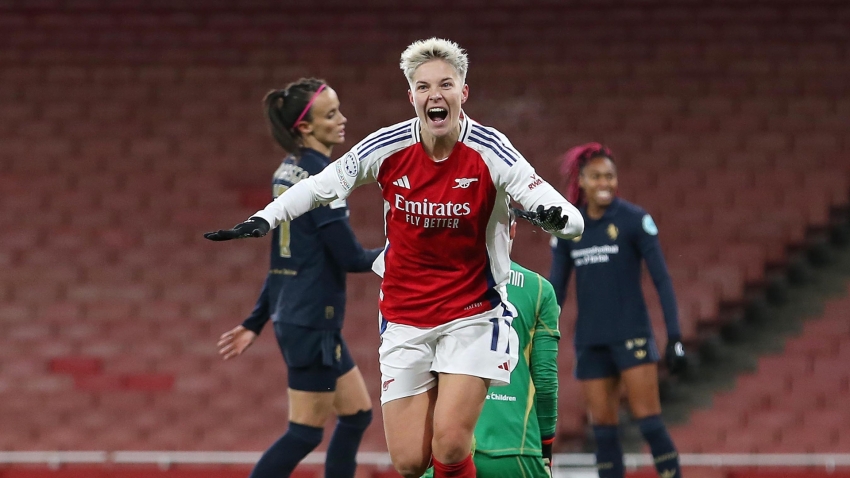FIFA has awarded the next Club World Cup to Saudi Arabia, it was revealed on Tuesday.
The tournament will be staged in the Middle East country from December 12 to 22 of this year, retaining its current seven-team format.
World football's governing body said the Saudi Arabian Football Federation was "unanimously appointed" to host the event by the FIFA council, which consists of members from all regional confederations.
Saudi Arabia has pushed to be recognised as a nation that stages standout sporting events, and it may bid to stage the 2030 World Cup.
A World Cup proposal from Saudi Arabia in tandem with Egypt and Greece has been mooted in reports, and intentions to bid have confirmed been already from Morocco, a Spain-Portugal-Ukraine alliance, plus a South American offering from Argentina, Chile, Uruguay and Paraguay.
FIFA is due to announce the 2030 World Cup hosts next year, with the Club World Cup giving Saudi Arabia a platform on which to showcase its capabilities.
It will feature Champions League winners from across FIFA's confederations, plus the Copa Libertadores champions and the Saudi league title holders. Real Madrid won the most recent edition, beating Al Hilal 5-3 in Sunday's final in Morocco.
Human rights groups have accused Saudi Arabia of using major events as means to 'sportswash' its international reputation, with the country having heavily invested to secure events in sports such as golf and boxing.
There was also strong criticism expressed when it was claimed the Visit Saudi tourism authority was set to be a major sponsor of FIFA's Women's World Cup this year, staged by Australia and New Zealand.
Saudi Arabia has been cited by critics as having poor records in terms of rights for women and the LGBTQ community.
The next men's World Cup, in 2026, sees the United States, Mexico and Canada serve as co-hosts, and FIFA has confirmed all three nations will qualify automatically for the finals, as expected.
FIFA said that was decided "in line with the long-standing tradition of having all hosts competing at the FIFA World Cup, as well as sporting and operational considerations".
It means there will be only three, rather than six, slots available to teams taking part in CONCACAF qualifying for the 48-team finals.

































